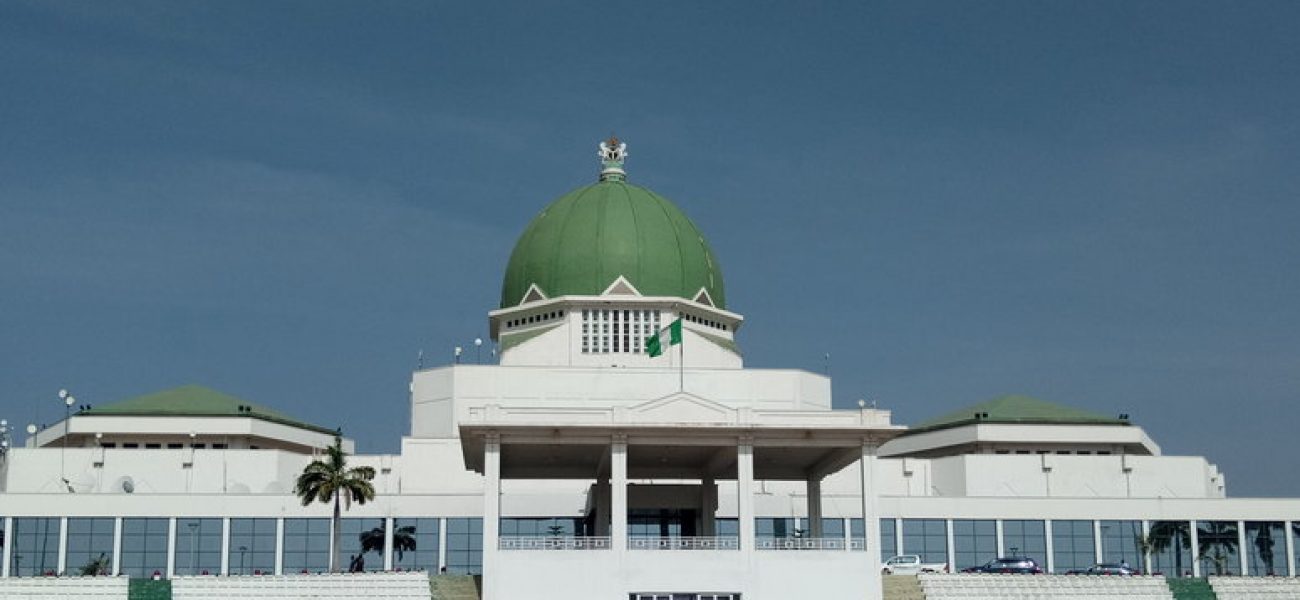The National Assembly resumed plenary on Tuesday, September 20, 2022 and picked up from where it left off on July 28, when legislators proceeded on their annual recess. Senate President, Senator Ahmad Lawan, announced new Chairmen and Vice Chairmen for various Committees of the Senate, as follows:
- Senator Abdullahi Yahaya – Chairman, Committee on Agriculture and Rural Development
- Senator Smart Adeyemi- Chairman, Committee on FCT
- Senator Abiodun Olujimi- Chairman, Committee on Aviation
- Senator Ibrahim Danbaba- Chairman, Committee on National Security and Intelligence
- Senator Elijah Ishaku Abbo- Chairman, Committee on Primary Health Care and Communicable Diseases
- Senator Michael Ama-Nnachi- Chairman, Committee on Diaspora and NGOs
- Sen. Ibrahim Gobir (Leader of the Senate)- Vice Chairman, Committee on Rules and Business
- Senator Danjuma Tella La’ah – Vice Chairman, Committee on Police Affairs
At its resumed hearing on Wednesday, September 21, the Senate screened and confirmed the nomination of Hon. Justice Olukayode Ariwoola as Chief Justice of Nigeria. President Buhari had written to the Senate before it proceeded on recess seeking the confirmation of Justice Ariwoola’s nomination. The Senate is also expected to have a confirmation hearing for the seven persons nominated by President Buhari as Resident Electoral Commissioners (RECs) for the Independent National Electoral Commission (INEC).
The National Assembly will also need to return to the Constitution review process of the 9th Assembly which is yet to be concluded. It will be recalled that the National Assembly transmitted 44 out of 68 Constitution bills to the State Houses of Assembly in order to amend the 1999 Nigerian Constitution. Some key bills passed bordered on the creation of local government autonomy, provision for uniform retirement and pension rights for judicial officers, separation of the Office of the Attorney-General of the Federation/State from the Office of the Minister/Commissioner for Justice, bills to grant the legislature power to summon the President or State Governor. Nevertheless, some bills on key issues such as State Police and women’s political representation failed to pass.
According to section 9(2) of the 1999 Nigerian Constitution, the bills transmitted by the National Assembly have to be approved by resolution of the State Houses of Assembly in at least 24 out of 36 States in order to be forwarded to the President for assent. The bills have since been transmitted to the State Houses of Assembly for voting. The National Assembly is expected to receive the votes and proceedings of the various State Houses of Assembly which indicate their voting patterns for each of the bills.
The House of Representatives had also conducted a public hearing on the National Offences Commission Bill on 23rd August which had passed Second Reading before it proceeded on recess. Nigerians expect the House of Representatives to return to the bill and harmonise its version with that of the Senate.
The National Assembly’s last few days of plenary in July were characterised by antics to impeach the President over rising insecurity. It is unclear if the National Assembly is planning to go forward with any action on the impeachment threat.
With about nine months to the end of the 9th Assembly and the 2023 general elections drawing nearer, citizens are hopeful that the Assembly will pass key bills and achieve its mandate of national development, making the lives of citizens better and delivering the benefits of democracy as stated in its legislative agendas.

